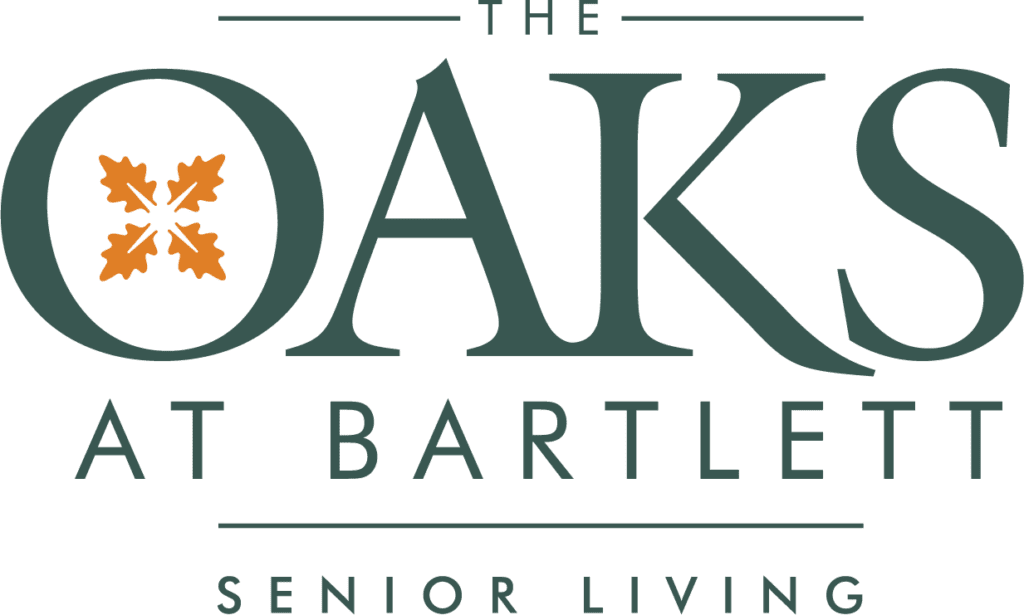It can be difficult and emotional to learn that your elderly loved one has Alzheimer’s disease or another form of dementia. As you seek ways to support your loved one, you may be lost on what steps you can take to help them enjoy a full and healthy life as their disease progresses. One of the best ways to preserve memory and ease daily struggles that come with dementia is to develop and implement routines that provide structure to your senior loved ones’ days.
Whether your loved one is newly diagnosed or is in advanced stages of the disease, having a routine can provide the following benefits for seniors with dementia.
Routine increases structure and stability.
Everyday tasks and decision-making, like what to wear or when to eat, can be overwhelming to someone living with dementia. By setting a daily routine, you can help provide structure and predictability to their day while eliminating unnecessary stresses that come with making choices.
Routine preserves independence and dignity.
As the disease progresses, people with dementia will eventually lose their ability to carry out everyday tasks and will need to depend on others to help. Established routines and patterns built into the days will empower your loved one to do as much as they can for themselves, for as long as they can. As a result, they will feel good about themselves and experience greater dignity and confidence.
Routine minimizes confusion and agitation.
Memory loss and other changes to the brain caused by dementia can create stress, confusion, and irrational behaviors. Daily structure can help decrease undesired aggression and restlessness. Days will pass with more ease for someone living with dementia if they have an established routine in place.
Routines decrease caregiver burnout.
Finally, routines can reduce the strain and stress on caregivers by making the day more organized and predictable. This also lessens the likelihood of challenging behaviors from a senior with dementia and offers more opportunities for positive interactions.
Can your loved one benefit from specialized memory care?
As symptoms of dementia or Alzheimer’s worsen, there may come a time when family members can no longer play the role of caregiver in their loved one’s life. Fortunately, today’s memory care communities can positively impact your family’s life, offering relief from caregiver burnout as well as a safe, nurturing environment that provides a level of care that is difficult to provide on your own. So how do you know it is time for your aging parent with dementia to transition to a memory care community? Here are some telltale signs:
- The many demands of being the caregiver is wearing you down or making you feel resentful.
- Taking care of your loved one is interfering with work, your hobbies, or your relationships with other people.
- Your loved one requires around-the-clock care.
- You cannot leave your loved one alone at home because it is unsafe.
- You do not know how to manage your loved one’s challenging behaviors.
- You struggle to provide routine and consistency in your loved one’s life.
Compassionate Memory Care at The Oaks
At The Oaks, we base care on a social model that provides a structured day full of programs designed to engage memory care residents in meaningful ways. Our person-centered care plans ensure a familiar and comfortable routine while providing social, cognitive, and physical involvement in various activities and rehab exercises.
If you think memory care services could benefit your family, we invite you to schedule an in-person tour at the Oaks at Bartlett today.

